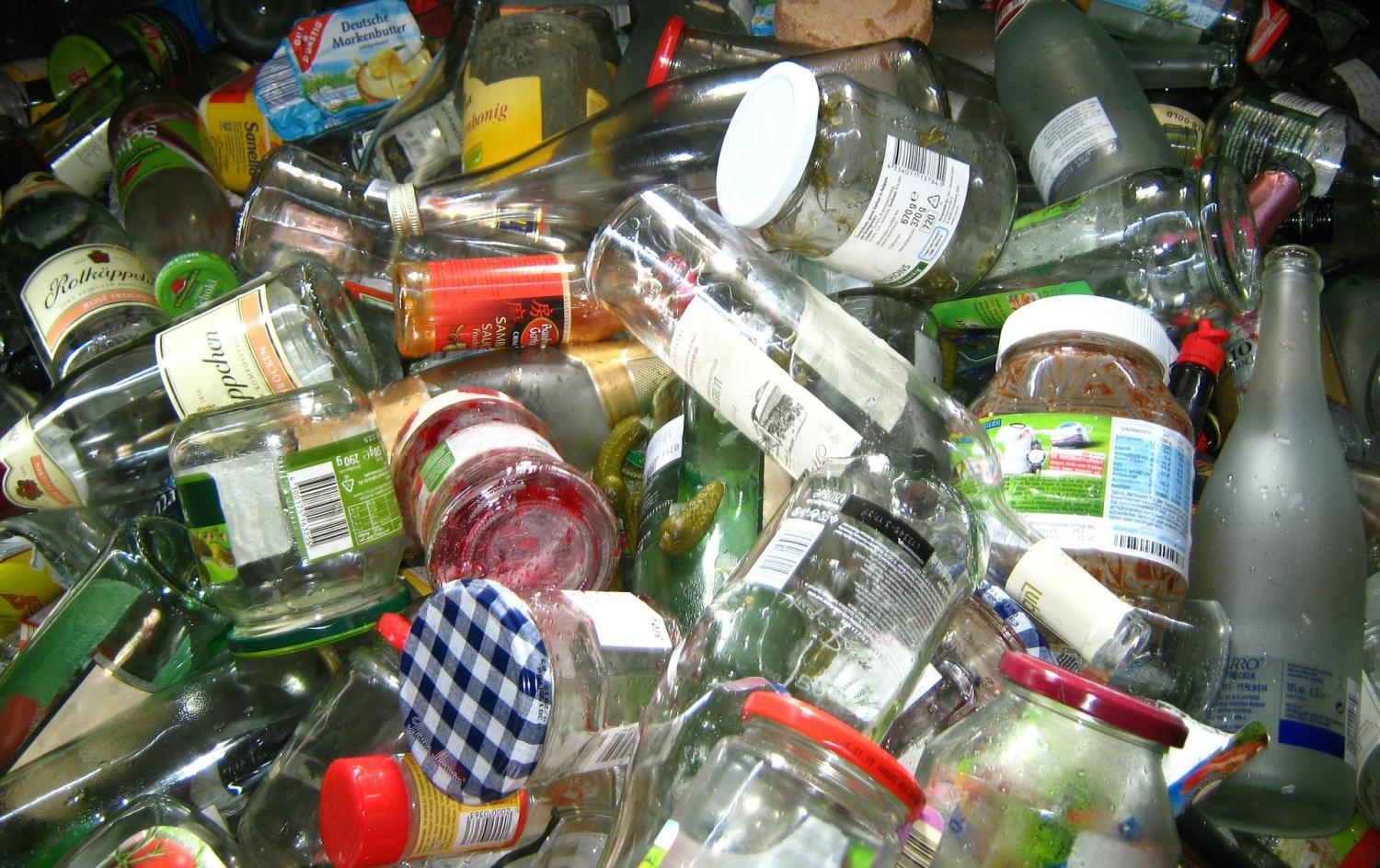
Since the recycling crisis began in 2018, there has been a steady drumbeat of media coverage on the topic of recycling. What most people do not understand is the “recycling crisis” is made up of several issues: evolving economics around recycling, a lack of consumer understanding on what is and isn’t recyclable and confusion over the issue of plastics.
The multiple storylines being played out in the news media on recycling have led to mixed messages and inaccuracies, with different issues taking the spotlight at different times. Here is a look at the separate issues that are playing out in the three-ring circus of today’s recycling industry:
Ring #1 – The Business and Economic Model is Broken
Consumers simply do not understand the true costs associated with recycling. For decades, the actual costs have been subsidized by the value of the recyclable commodity sold at market. That means companies collecting recyclables have been charging the resident a price that does NOT fully cover the cost of service because that difference could be made up in the marketplace.
Furthermore, over the past 18 months, China exited the global commodity market, leaving at least 40 percent of the world’s volume of recyclables seeking a home. This has led to a massive over-supply in alternate global markets and a dramatic drop in the value of recyclables – meaning that companies providing this service are no longer able to make up the difference between the low price of service and the value of the commodity. Given that this reality is unlikely to change anytime soon, action needs to be taken. This requires an immediate reset of contracts and economics to ensure that recycling programs continue in America.
Ring #2 – Contamination is a Big Issue
Because of trends in packaging over the past 10+ years and a general lack of public education, America does not know what to recycle, or how to recycle properly. In some cities, this results in 30 percent or more contamination. Contamination is the inclusion of non-recyclable material in the recycling stream, which drives additional costs to separate the garbage out of the recycling stream and dispose of it properly.
Through public education campaigns like Recycling Simplified, we can all become better at recycling the items that are truly beneficial to the planet. This site is available to all consumers - not just Republic customers - and has tips for what and how to recycle. However, achieving zero contamination levels will NOT fix the Business and Economic crisis in Ring #1 above.
Ring #3 – Plastic, Plastic, Plastic
Every day brings another article about plastics and the impacts on the planet from improper processing or disposal of the material. As a result of the economic headwinds in Ring #1 above, many forms of plastic (namely #3-7) are becoming unmarketable, rendering them part of the contamination issue in Ring #2. The combination of a lack of consumer understanding of how to recycle with the changes in what can be captured and sold on the global market is intensifying the narrative of plastic pollution in our rivers and oceans. Plastic in the environment is not a recycling issue, it’s a litter issue. In the larger recycling tent, plastics really are a sideshow. We must address the challenges in Ring #1 and Ring #2.
Do not be confused by the juggling storylines. Each on its own is important, but the single most important topic in the recycling industry is the need to ensure the programs and underlying contracts are set up to be durable and viable. Without them, we’re trapeze artists operating without a net. A community aspiring to pivot toward “zero waste” cannot have the collection and processing of their recycling programs subsidized by the unpredictable future value of materials.
Recycling needs to stand on its own. The reality is this: If contracts were set up properly today, there would be no crisis. Instead we would have a viable and thriving market that would allow for the successful collection and recycling of materials in our country. We’d all simply be focused on optimizing the programs, through public education (to reduce contamination), and evaluation of what should be in the materials list (re-evaluating items such as some forms of plastics and glass).
Image credit: Gerd Altmann/Pixabay

Richard Coupland is vice president of municipal sales for Republic Services.














